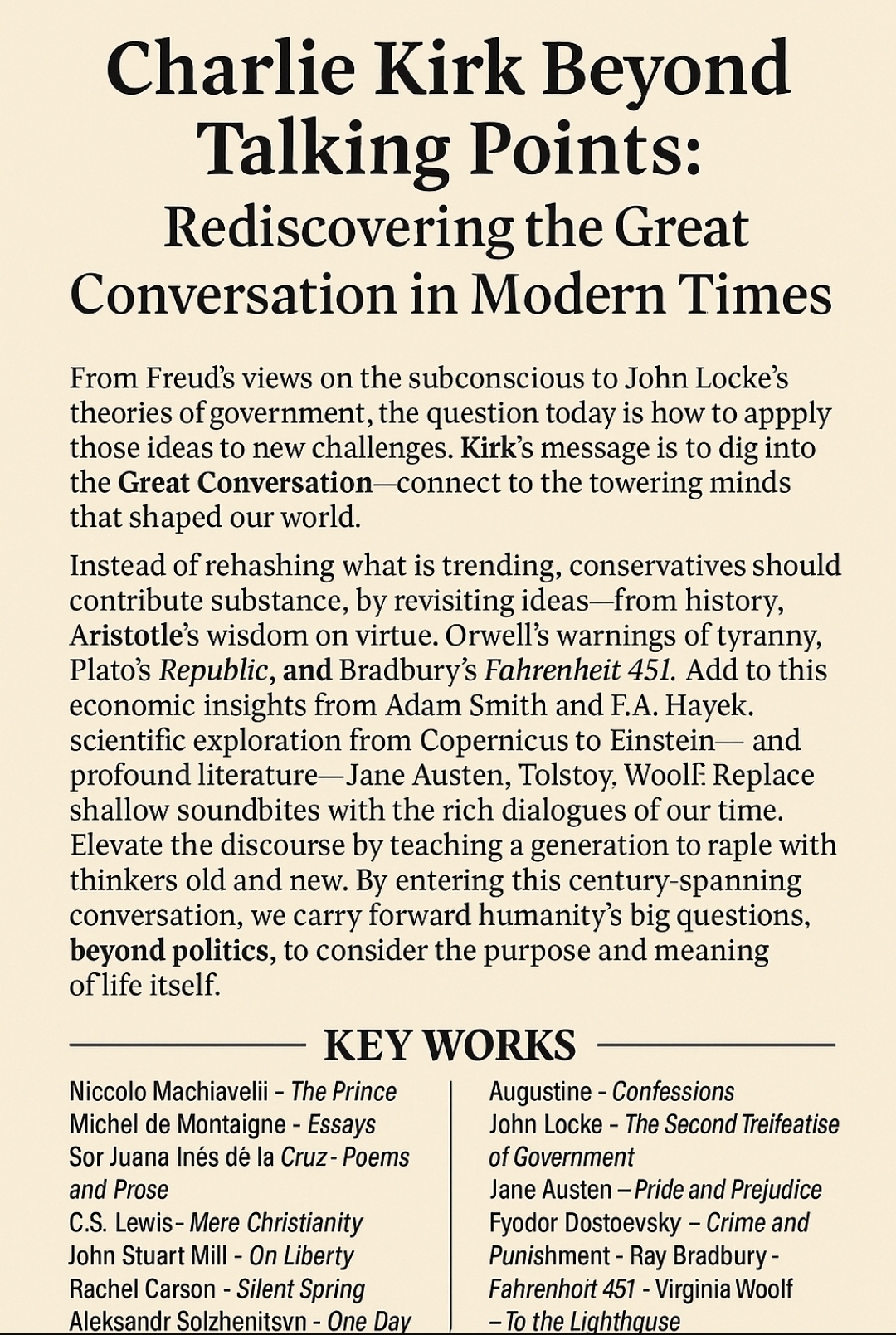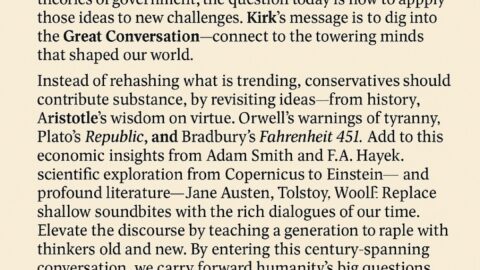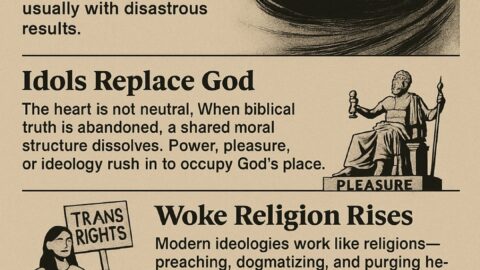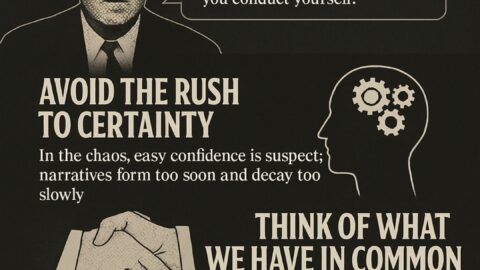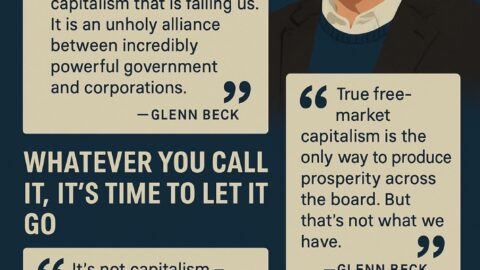With Charlie Kirk’s untimely death and murder, the nation finds itself mourning not just a leader, but what felt like the loss of a friend, a teacher, and a mentor. For many, his absence feels deeply personal. He spoke in ways that bridged the gap between politics, faith, and life, and now, in his silence, his words echo even louder. As a martyr, his words have taken on new weight, leaving us studying, rewatching, and reflecting as if he somehow knew he was leaving breadcrumbs for us to follow.
On my own feed, I recently saw a video where Jacob Oaks asked Charlie a question years ago. Watching it again in light of his death was haunting—it felt prophetic. Oaks asked:
“How do we help the conservative movement understand that simply being reactive to issues is not solving problems?”
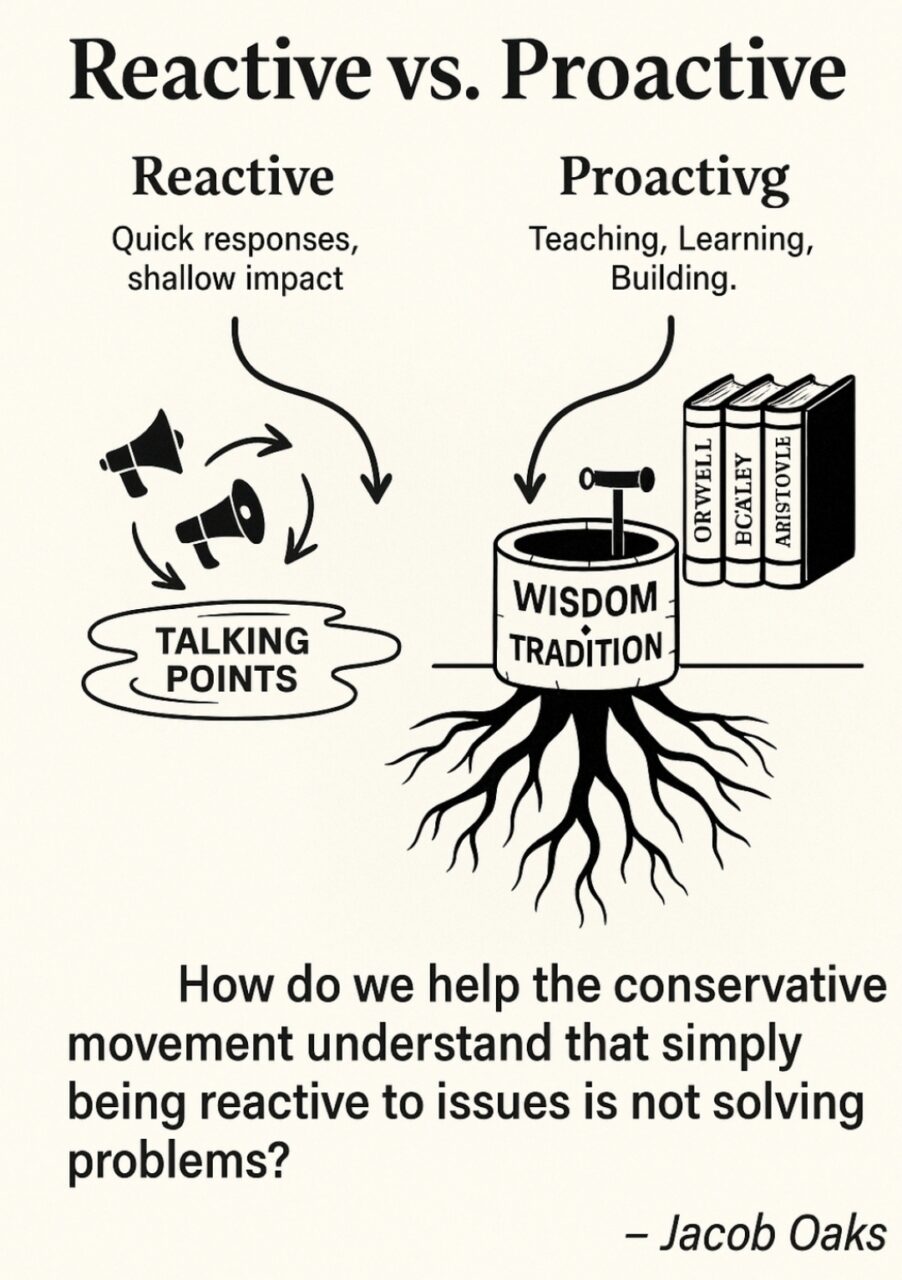
This was more than political curiosity. It was a call for depth in an age of shallow slogans.
Charlie Kirk’s response hit the nail on the head:
“We have to teach. We have to learn. We have to reject these people that just talk about talking points. Teach me something. Come on. Talk about Orwell, Huxley, Plato, and Aristotle. How do we play offense? We play offense by going deep, because there is an unbelievably beautiful canon in the Western tradition. Tell us what we are fighting for. I’m telling you, go on that journey. Challenge yourself.”
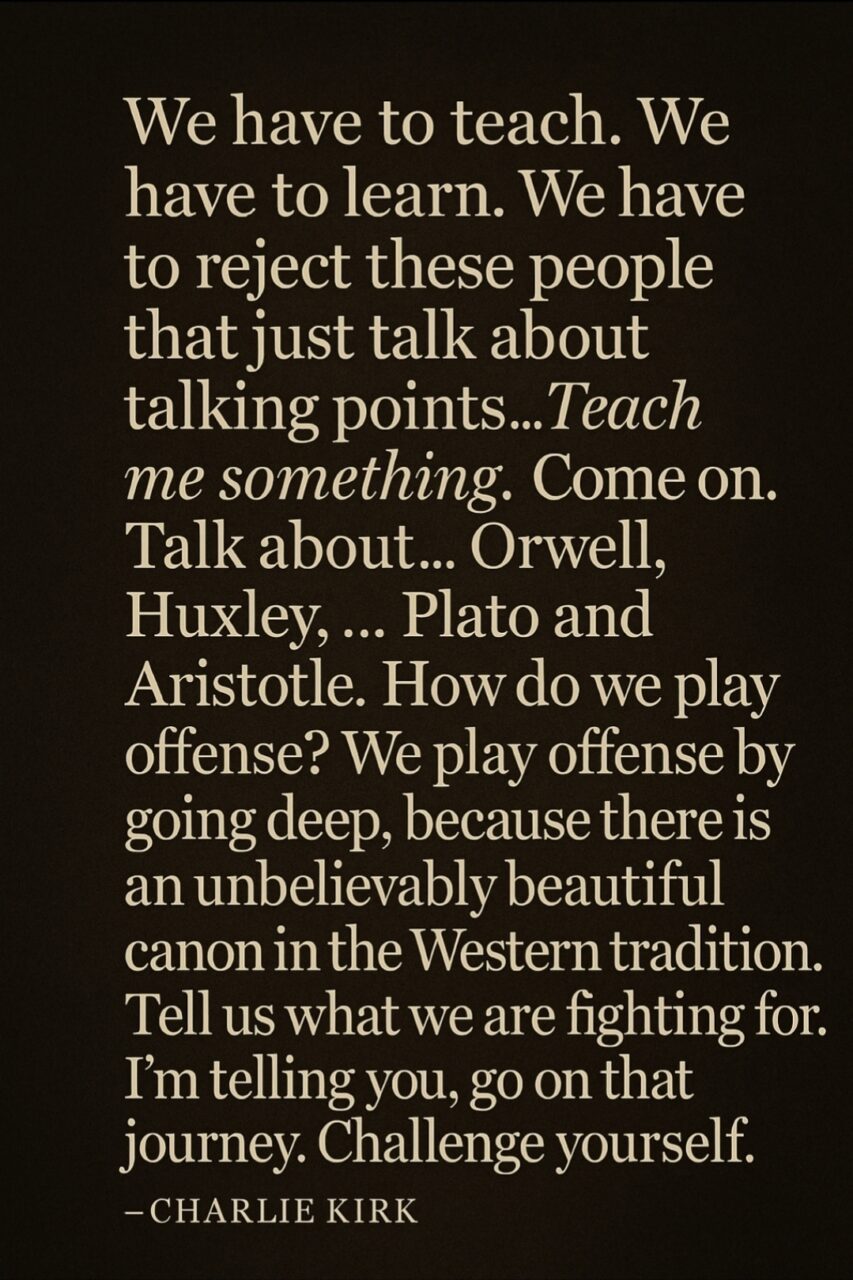
This is the heart of the problem. Too much of our public life today is about quick reactions—soundbites for clicks, debates won by zingers, and endless streams of “breaking news.” What’s missing is the long view—the rich conversation humanity has been having for centuries about truth, freedom, virtue, justice, and meaning. That conversation didn’t begin with us, and it shouldn’t end with us.
It is as if Charlie had discovered Joseph Campbell’s analogy of life:
“Life is like arriving late for a movie, having to figure out what was going on without bothering everybody with a lot of questions, and then being unexpectedly called away before you find out how it ends.”
Charlie seemed to understand this. He arrived and was born into this time, into this “movie,” and he had a lot of questions. As an autodidact—self-taught and insatiably curious—he searched for answers with passion and clarity. And like Campbell’s analogy, he was called away before he could see with his earthly eyes how the story ends.
He lived a Christ-like life, modeling the faith he professed. He didn’t just speak about Christ—he lived it, urging us to “raise the roof” with God, family, and country in unison. He showed us how to reverse engineer the chaos of our time by retracing our steps through history: from modern confusion, back through the great thinkers, back through Christ, all the way to Adam.
On my own journey, I had a dear friend, Bryan Hyde, who taught me this same lesson back in the early 2010s. He introduced me to what is called The Great Conversation: the timeless dialogue across centuries where humanity’s greatest minds wrestle with life’s deepest questions. That same tradition is exactly what Charlie was urging Jacob Oaks—and all of us—to embrace.
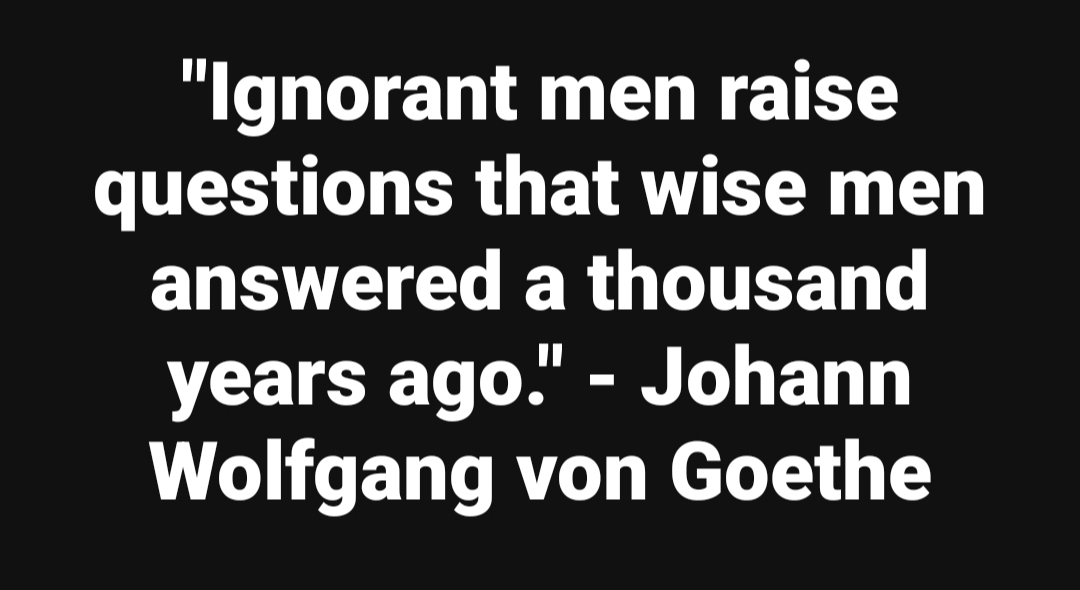
Insanity, as the old adage goes, is doing the same thing over and over again while expecting different results. If we remain reactive—living off talking points, slogans, and surface-level outrage—we’ll keep losing. But if we take Charlie’s advice, and dive deep into wisdom, into history, into faith—we can find the path back to clarity and truth.
What Is the “Great Conversation”?
The “Great Conversation” is the ongoing dialogue across history, where thinkers, writers, and leaders wrestle with the big questions of human life: What does it mean to be free? What is justice? How should we live together? How do we reconcile power with morality?
Traditionally, this includes classical voices like Plato and Aristotle, and modern thinkers like John Locke or Edmund Burke. But Charlie Kirk’s answer reminds us—it doesn’t stop there. We must also bring in Orwell and Huxley, who warned of tyranny through force and tyranny through comfort. We should add C.S. Lewis, who showed how morality anchors meaning. We should consider Viktor Frankl, who taught the power of purpose in suffering, and Aleksandr Solzhenitsyn, who exposed how lies become the lifeblood of totalitarian regimes.
Even more recent voices—from Stephen Covey on character ethics, to Carl Jung on the shadow and individuation, to David Kupelian on cultural corruption—continue this conversation in ways that shed light on today’s struggles.
Why This Matters Today
If we only react to daily headlines, we will always be fighting on the surface, pulled wherever the currents push us. But if we return to the Great Conversation, we anchor ourselves in something deeper—principles and truths that outlast the headlines.
When Orwell warned about doublespeak, he was preparing us to recognize propaganda today. When Huxley wrote about soma and distraction, he was warning us about the dangers of endless entertainment and consumer culture. When Frankl spoke about meaning, he gave us a roadmap for navigating despair in our own modern crises.
Each of these voices hands us a piece of the puzzle. Together, they remind us that ideas shape civilizations, and civilizations collapse when they abandon wisdom for comfort, truth for power, or principle for expedience.
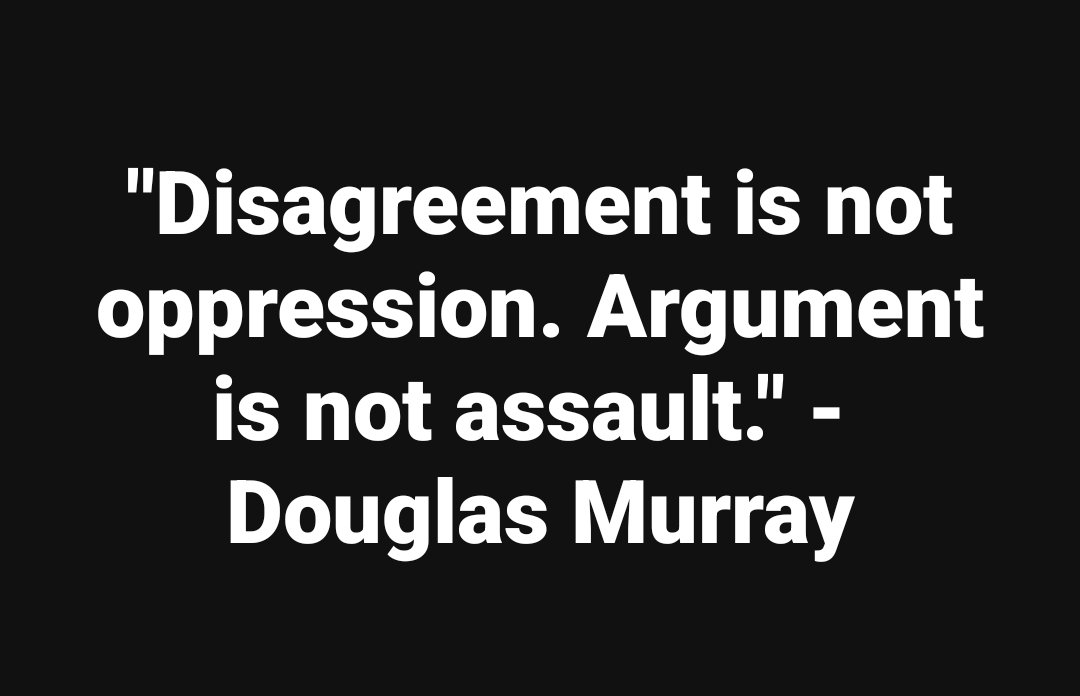
Playing Offense, Not Defense
Charlie Kirk’s point was simple: if we want to “play offense” rather than constantly react, we must go deep. This means teaching our children not just how to repeat talking points, but how to think. It means reading the works that stretch us, listening to voices outside our echo chambers, and refusing the shallow dopamine hits of reactive politics.
The great battle of our age isn’t just policy versus policy. It’s wisdom versus ignorance, memory versus amnesia, substance versus slogans. If we lose the Great Conversation, we lose the foundation on which freedom stands.
A Starter Reading List for the Great Conversation
Here’s a blend of classical and modern works that help us go deeper than talking points:
Classics
- Plato — The Republic
- Aristotle — Nicomachean Ethics
- Marcus Aurelius — Meditations
- St. Augustine — The City of God
- Thomas Aquinas — Summa Theologica (selected portions)
- John Locke — Two Treatises of Government
- Edmund Burke — Reflections on the Revolution in France
Modern Voices
- George Orwell — 1984
- Aldous Huxley — Brave New World
- C.S. Lewis — The Abolition of Man and Mere Christianity
- Viktor Frankl — Man’s Search for Meaning
- Aleksandr Solzhenitsyn — The Gulag Archipelago
Contemporary Additions
- Stephen Covey — The 7 Habits of Highly Effective People (character vs. personality ethics)
- Carl Jung — Modern Man in Search of a Soul
- David Kupelian — The Marketing of Evil and How Evil Works
- Cleon Skousen — The Naked Communist
- Zbigniew Brzezinski — The Grand Chessboard
The Call
The question Jacob Oaks posed isn’t just for conservatives—it’s for all of us. If we want a society worth passing on to the next generation, we need to rejoin the Great Conversation. Not as scholars hiding in libraries, but as ordinary citizens who realize that history, philosophy, faith, and truth are weapons against chaos and control.
The next time you’re tempted to share a talking point, pause and ask: Am I going deep, or am I just echoing noise? That’s where change begins.

